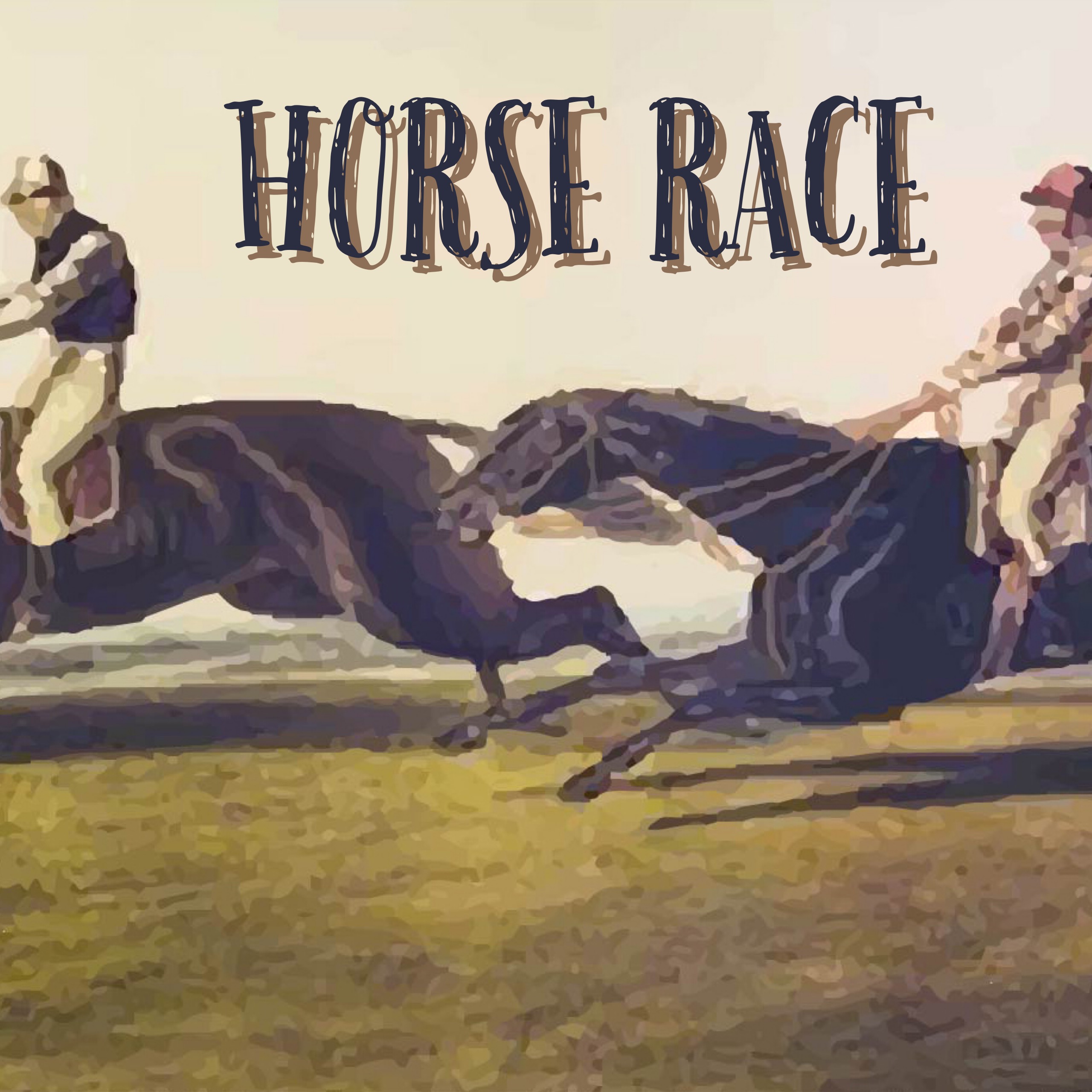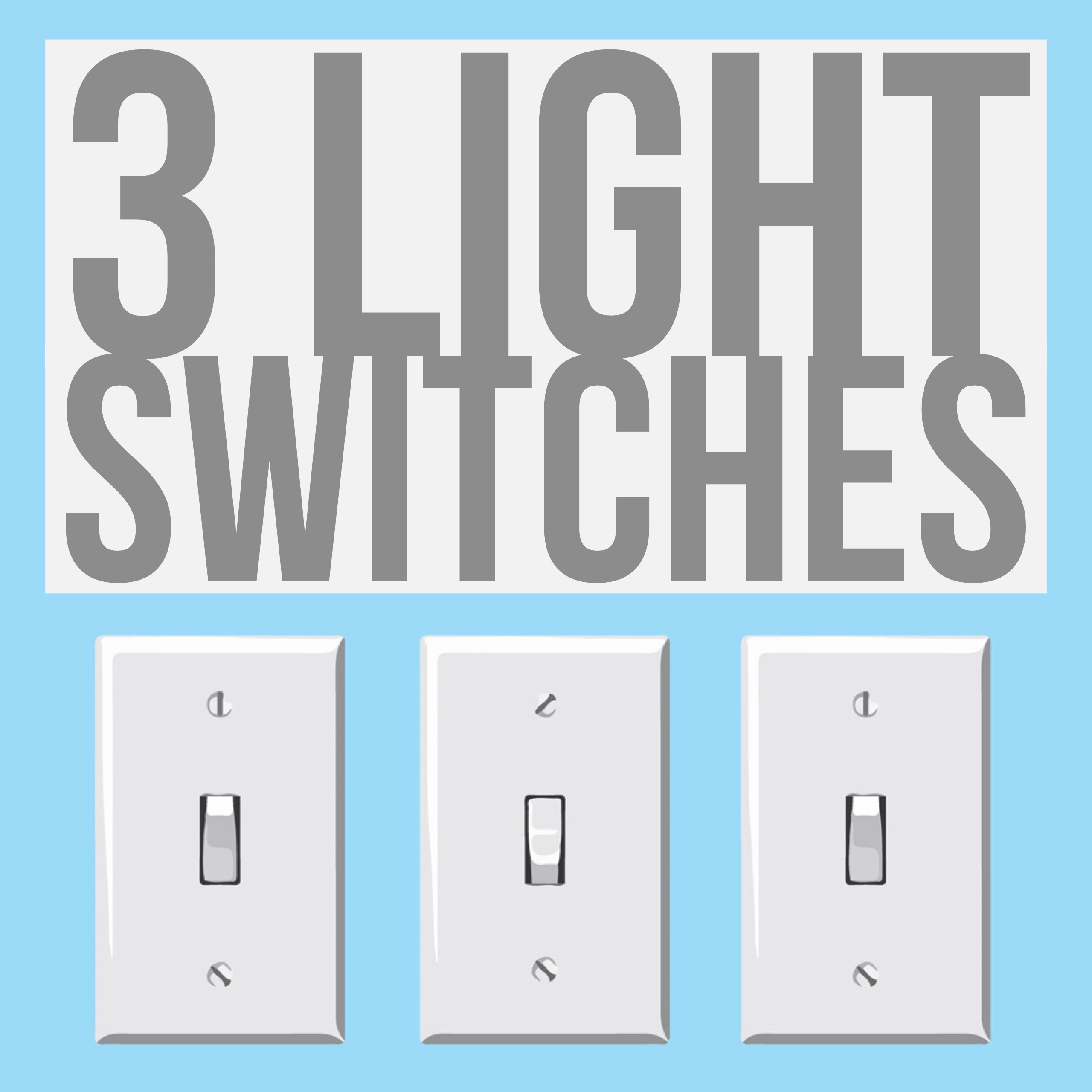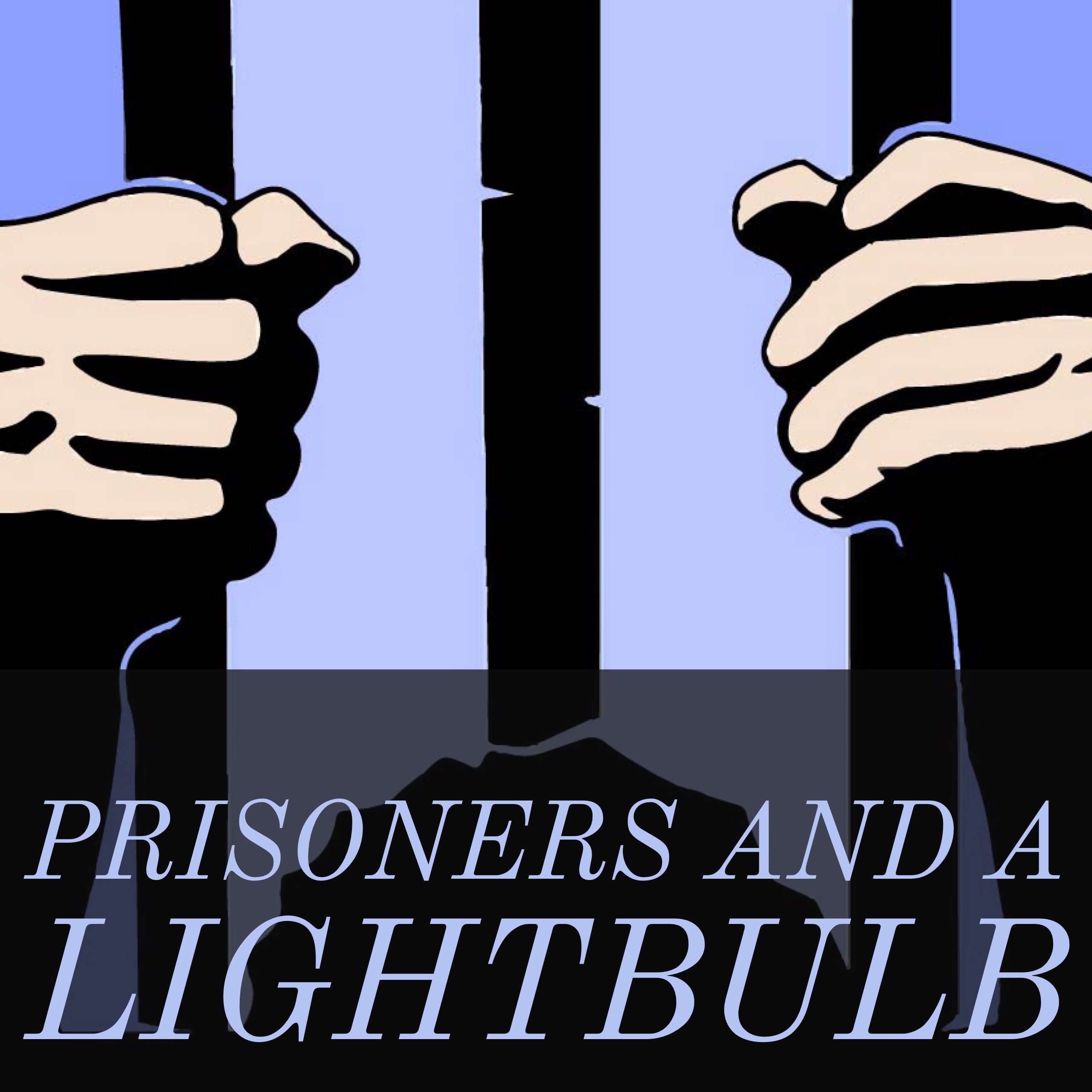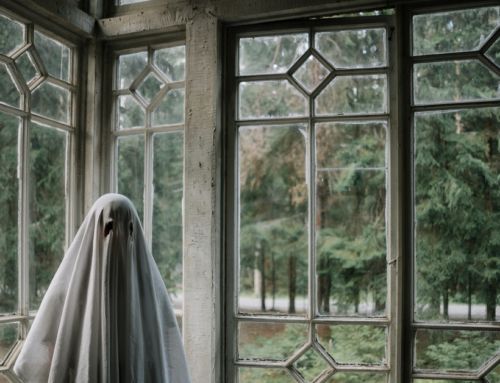Unsolvable Riddles
There is something about mysteries and riddles that attract the brightest minds. Sherlock, with his intelligence, could have become anybody but he chooses to be a detective.
There is a detective in each one of us. All of us love the thrill and excitement of solving a complicated mystery.
Here are some interesting riddles that would give your brain some serious exercise.
When problem-solving, our brain tends to overcomplicate things. More often than not, stepping back and approaching a problem from a different perspective is the best thing we can do! Here are some riddles you can attempt to solve, with answers so simple that even a child can get them right. But don’t be surprised when you’re staring blankly as you attempt to wrap your mind around them. Try them out, then share with family and friends and see how long it takes them to find the answers!
Beginner
A Fox, A Sheep, And A Stack Of Hay
A farmer is traveling with a fox, a sheep and a small sack of hay. He comes to a river with a small boat in it. The boat can only support the farmer and one other animal/item. If the farmer leaves the fox alone with the sheep, the fox will eat the sheep. And if the farmer leaves the sheep alone with the hay, the sheep will eat the hay.
How can the farmer get all three as well as himself safely across the river?

Horse Race
Two men ride their horses to the town blacksmith to ask for his daughter’s hand in marriage. To help decide who will get to marry her, the blacksmith proposes a very strange race:
“You will race your horses down the mile-long road from here to to the center of town, and the man whose horse passes through city hall’s gates LAST will get to marry my daughter.”
The men have no idea how to proceed, but after a few minutes of thinking, they come up with a great idea to abide by the blacksmith’s rules.

30 minutes later, one of the men is gloating, having won the daughter’s hand in marriage.
What was the idea the men had?
Two Coins
You have two normal U.S. coins that add up to 35 cents. One of the coins is not a quarter.
What are the two coins?

Intermediate
Three Light Switches
There are 3 switches outside of a room, all in the ‘off’ setting. One of them controls a light bulb inside the room, the other two do nothing.
You cannot see into the room, and once you open the door to the room, you cannot flip any of the switches anymore.
Before going into the room, how would you flip the switches in order to be able to tell which switch controls the light bulb?

Two Ropes Burning
You have two lengths of rope. Each rope has the property that if you light it on fire at one end, it will take exactly 60 minutes to burn to the other end.
Note that the ropes will not burn at a consistent speed the entire time (for example, it’s possible that the first 90% of a rope will burn in 1 minute, and the last 10% will take the additional 59 minutes to burn).

Given these two ropes and a matchbook, can you find a way to measure out exactly 45 minutes?
Twin Brothers
You are in a room with nothing but two doors. Opening one of the doors will lead you to a life of prosperity and happiness, while opening the other door will lead to a life of misery and sorrow. You don’t know which door leads to which life.
In front of the doors are two twin brothers who know which door leads where. One of the brothers always lies, and the other always tells the truth. You don’t know which brother is the liar and which is the truth-teller.

You are allowed to ask one single question to one of the brothers (not both) to figure out which door to open.
What question should you ask?
Advanced
Prisoners and a Light Bulb
There is a prison with 100 prisoners, each in separate cells, which are sealed off, soundproof and windowless. There is a lobby in the prison with a lightbulb in it. Each day, the warden will pick one of the prisoners at random (even if they have been picked before) and take them out to the lobby. The prisoner will have the choice to flip the lightbulb switch if they want. The lightbulb starts in the “off” position.
When a prisoner is brought out to the lobby, he also has the option of saying “Every other prisoner has been brought out to the lobby.” If a prisoner chooses to say this and it is true, all the prisoners will go free.

However, if a prisoner chooses to say this and it’s wrong, all the prisoners will be executed. So a prisoner should only say this if he knows it is true for sure.
Before the first day of this process begins, all the prisoners are allowed to get together to discuss a strategy to eventually save themselves.
What strategy could they use to ensure their eventual salvation?
Airplane Seats
People are waiting in line to board a 100-seat airplane. Steve is the first person in the line. He gets on the plane but suddenly can’t remember what his seat number is, so he picks a seat at random.
After that, each person who gets on the plane sits in their assigned seat if it’s available, otherwise they will choose an open seat at random to sit in.
The flight is full and you are last in line. What is the probability that you get to sit in your assigned seat?

Bonus Riddles
Think you could answer all 8 of these riddles correctly? Take our quiz and challenge your friends!







Leave A Comment
You must be logged in to post a comment.